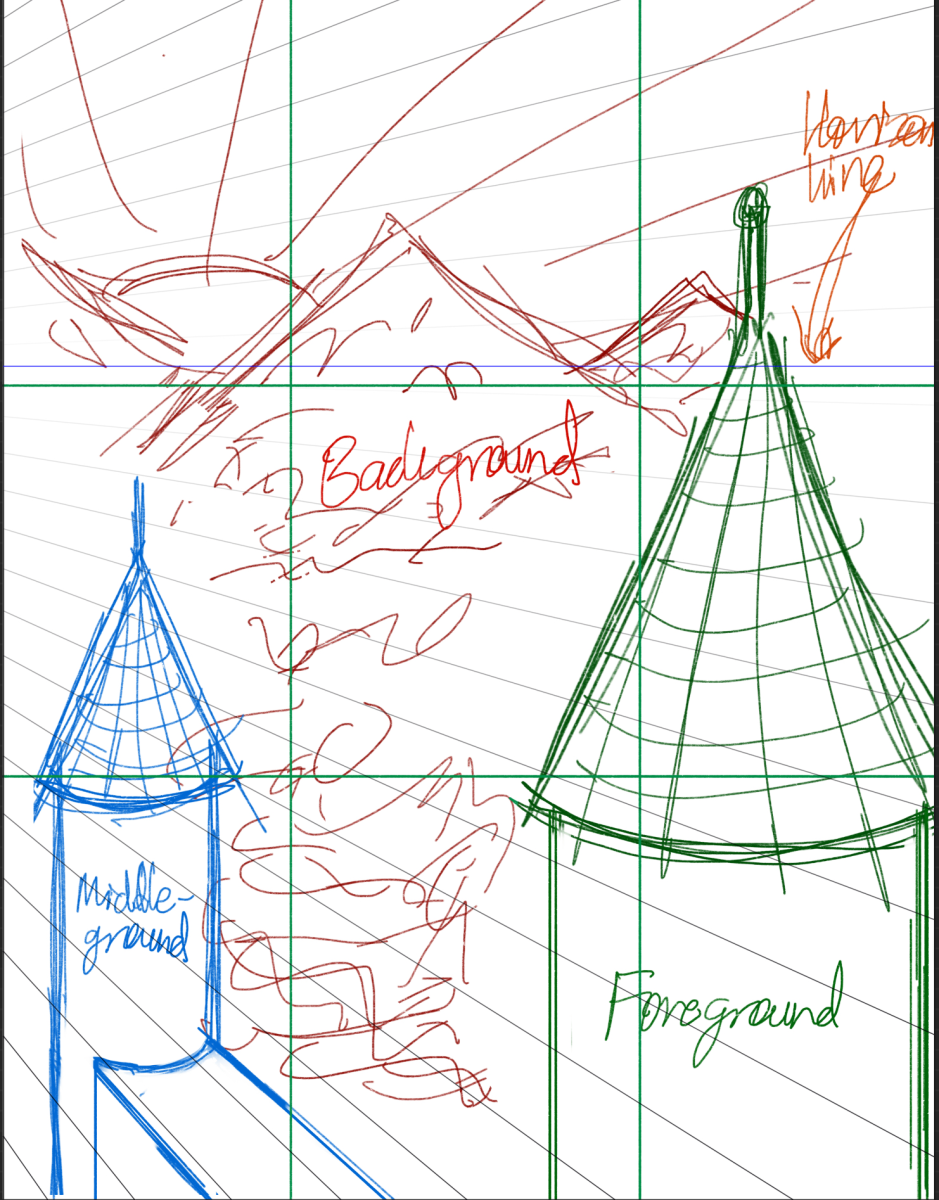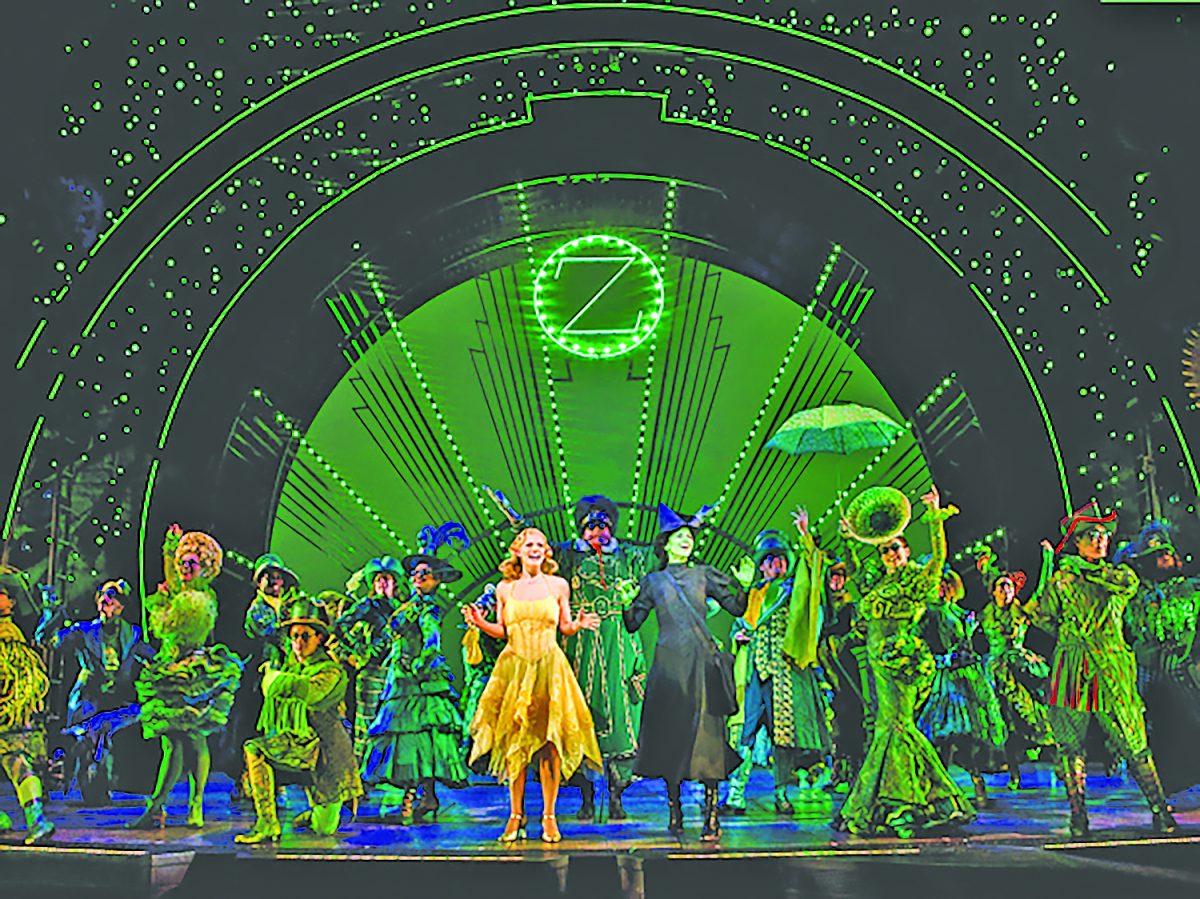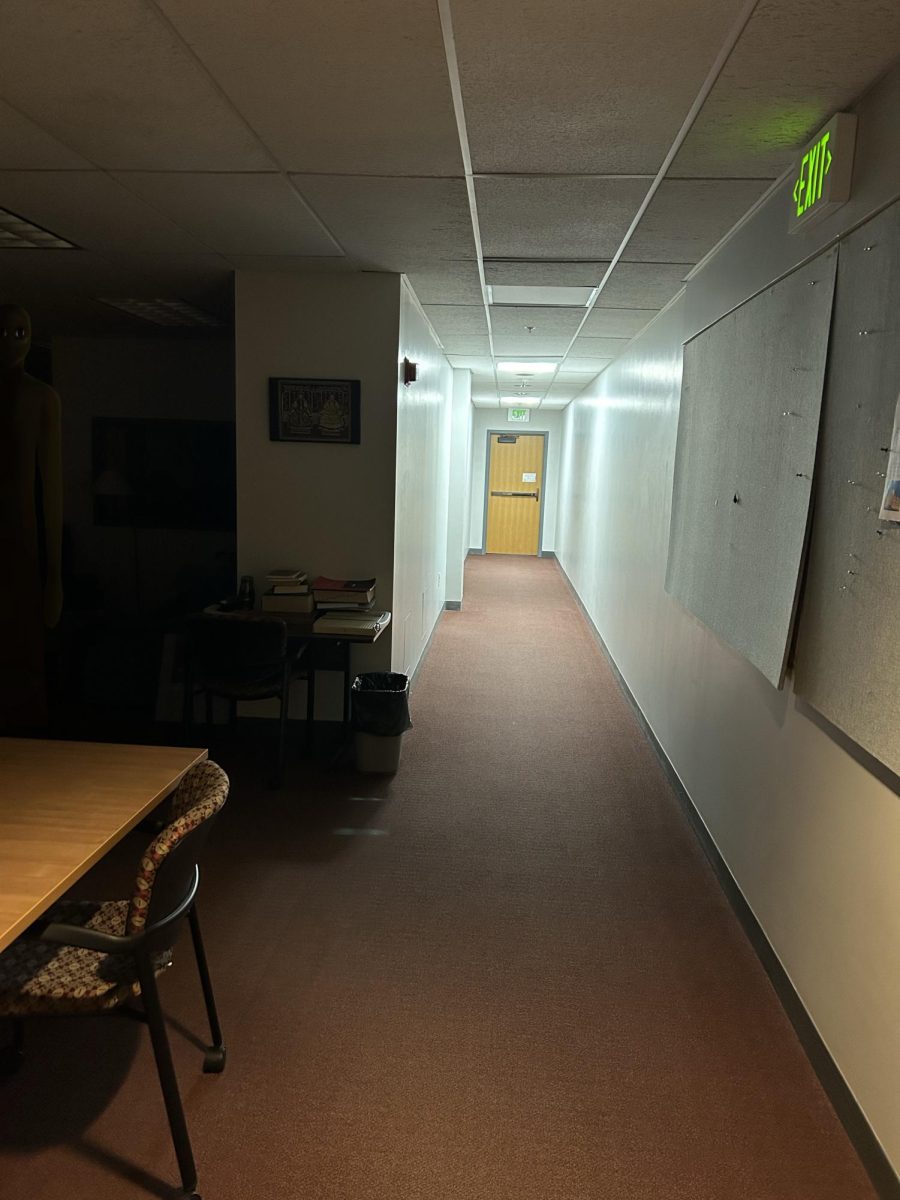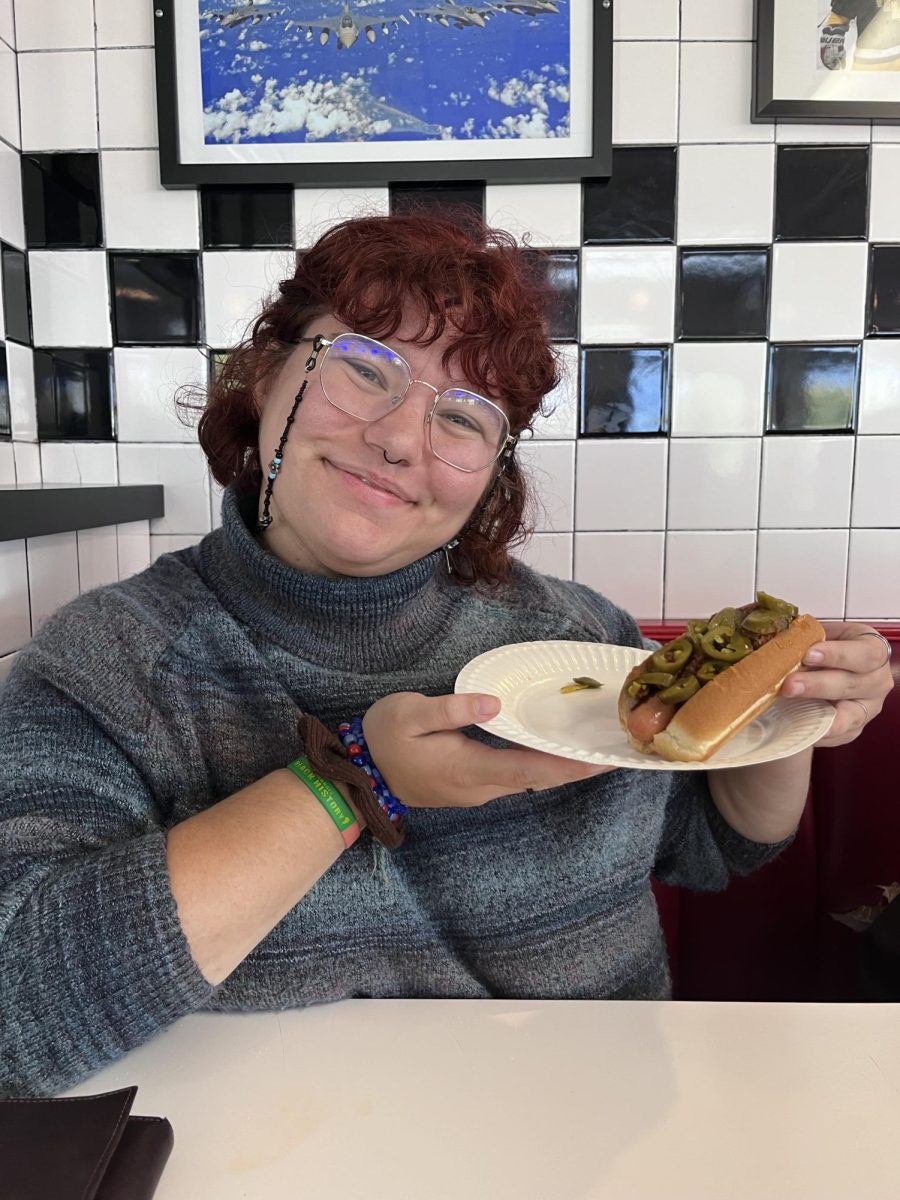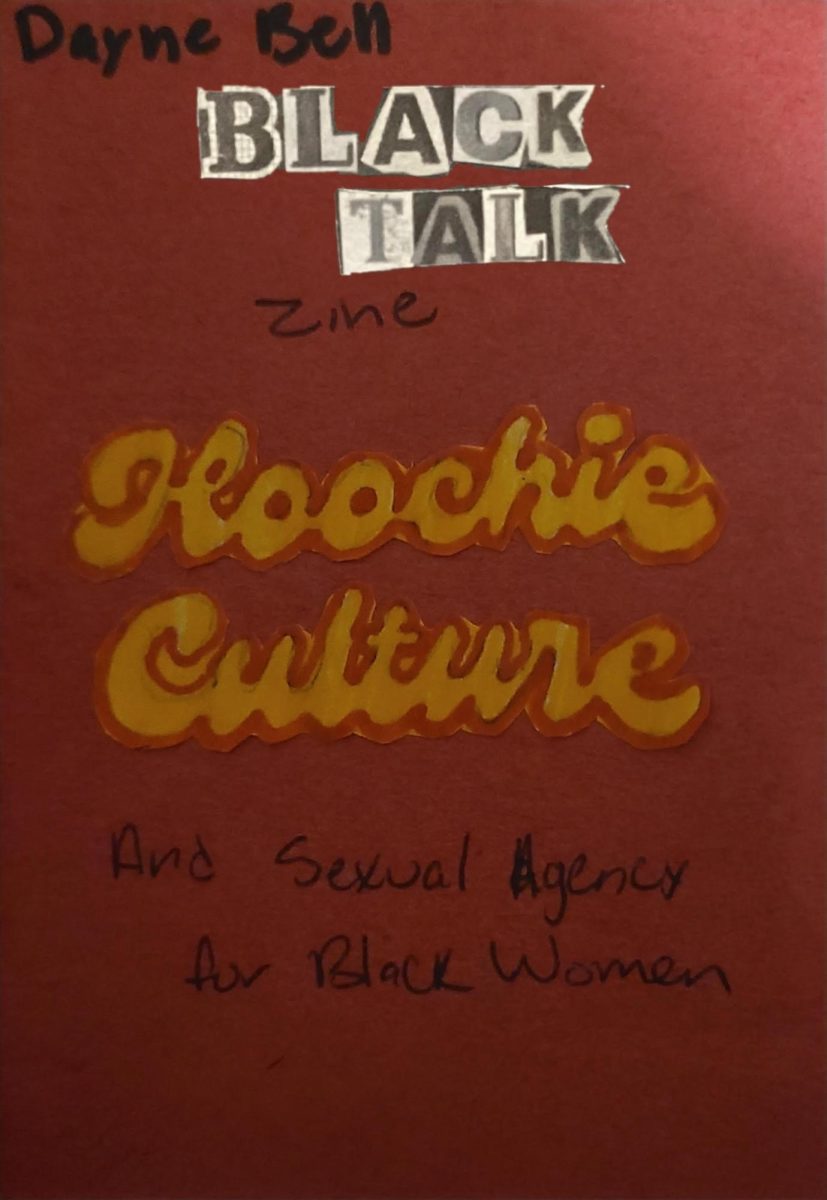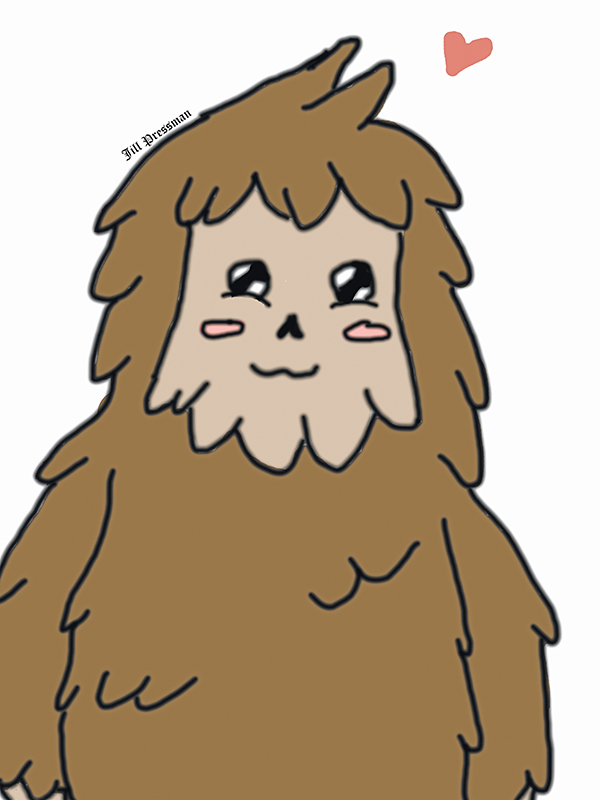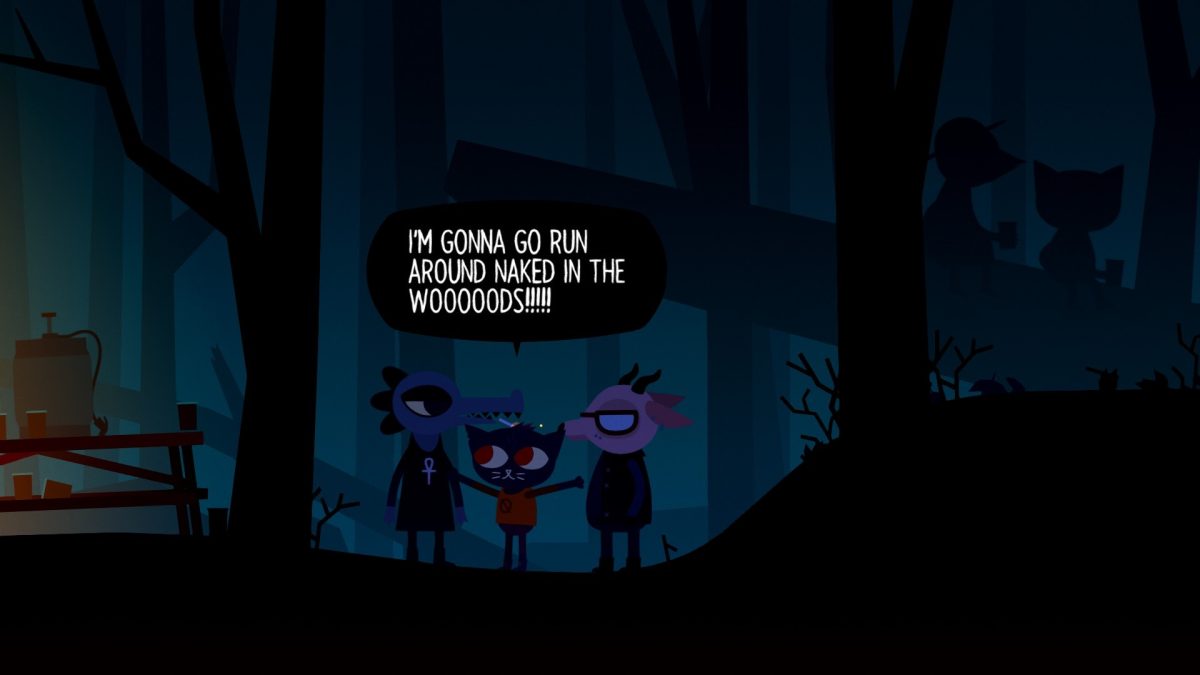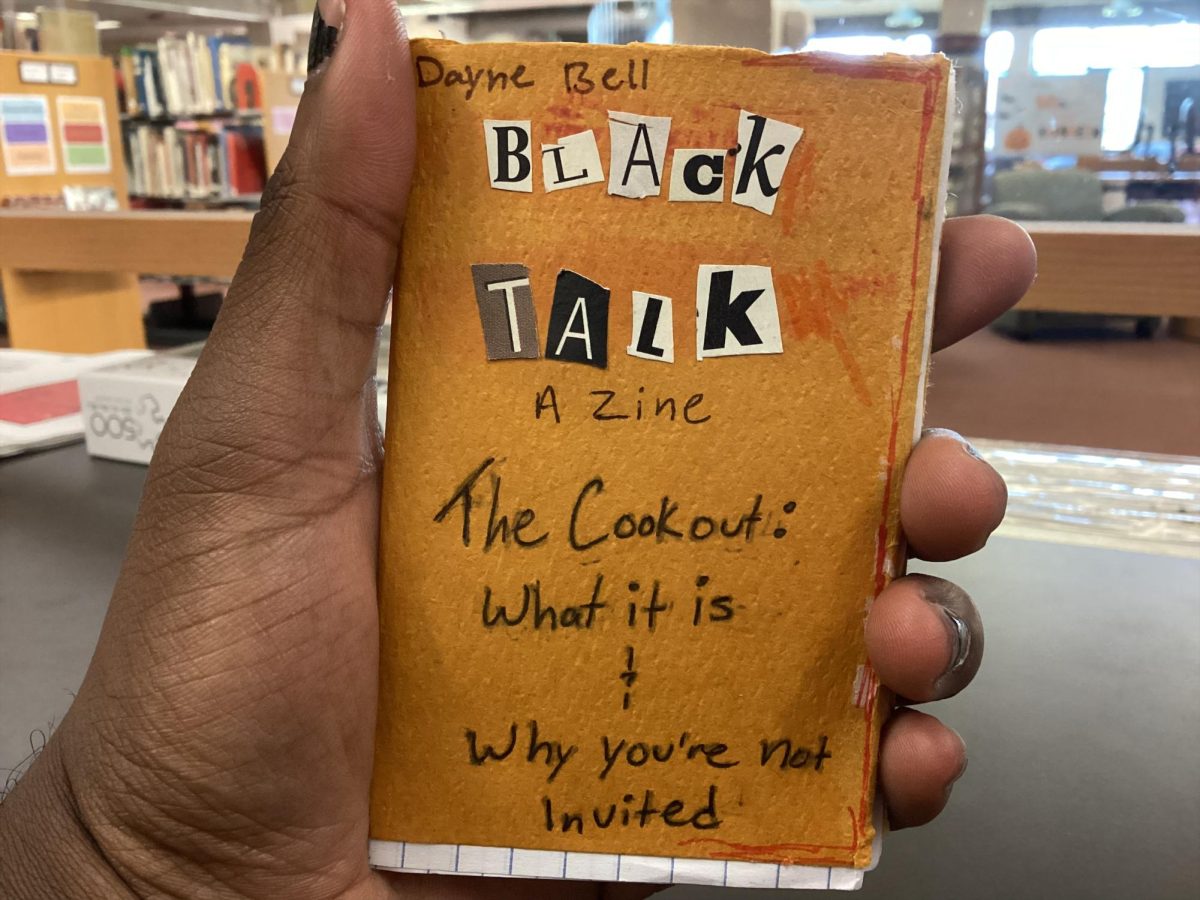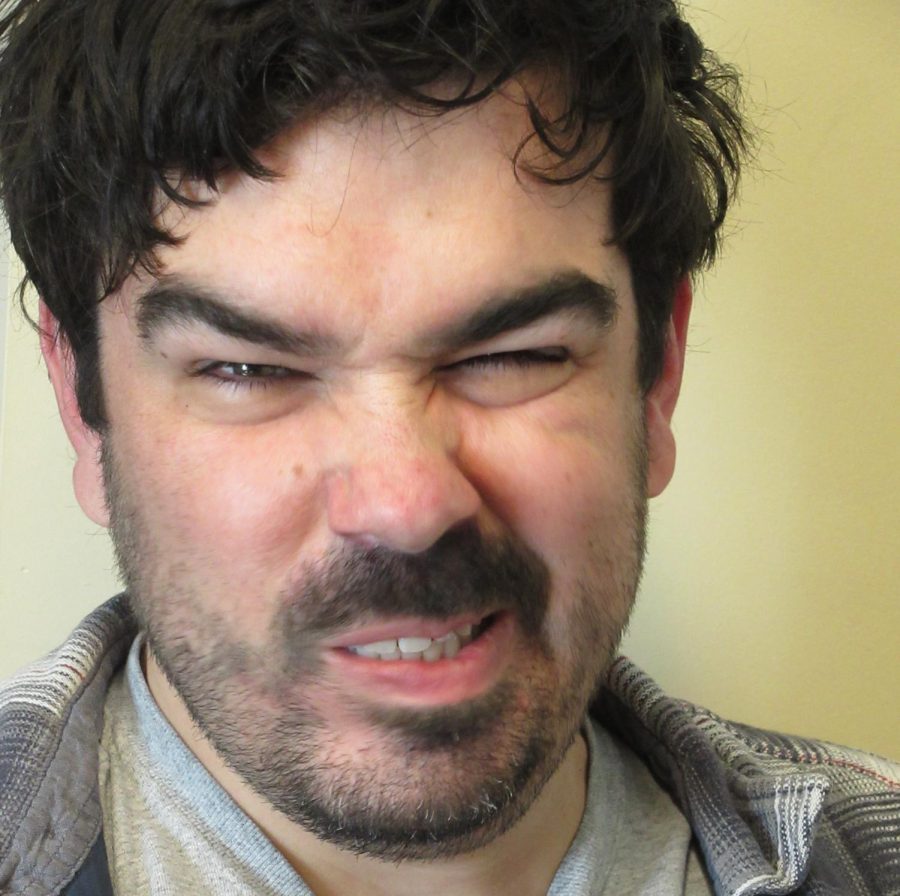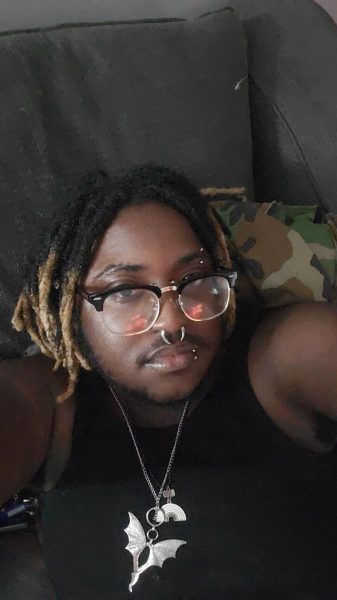Editor’s Note: This is the second issue of the blog Black Talk: A Zine.
Because of their connections with social justice and political leftness, goth, punk, and other “alternative” subcultures project a large image of inclusion and acceptance. They’re known for being spaces where “outcasts” can thrive in a community that accepts them for who they are.
In reality, though, these spaces often spotlight white presence and exclude the minority voice, despite the fact that they were literally created by those same voices. In an effort to re-align and uplift Black presence in these communities, a counterculture has risen in popularity: adding the prefix “Afro” to many alternative spaces.
“Afro” in this case is derived directly from “African American,” but it is inclusive of Black identities across the diaspora. Used in hashtags in tandem with traditional ones, these terms are used to make finding Black alternatives easier, increasing their visibility in majority white scenes. The use of “Afro” as a prefix is absolutely nothing new, but its use has expanded and gained popularity within the past two decades.
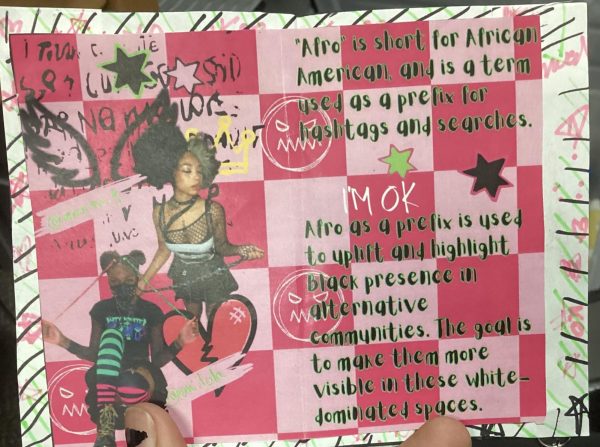
Open Instagram or something. Search goth, or punk, or alternative, whatever you want. Notice the demographic. (Sorry, a lot of half-naked women.) Now, search the same thing, but with the term “afro” in front of it. (More naked women, but still.)
Obviously, there’s a difference there. Many people might not see a problem because they are used to having white people be the majority (in numbers) in our spaces, and many of y’all are, understandably, white. Your searches don’t need to be ultra-specific because what you need will likely be the first five images to pop up. Anyone who’s ever been a Black teenager knows the struggle of having to add “for black people” in YouTube and Pinterest searches to find anything useful, and this is largely intentional.
Black creators in alternative communities have a long history of experiencing racism in the scene. Pure Hell is an all-Black punk band that formed in West Philly in 1974. They were repeatedly passed by record labels and told they’d be better off creating Motown, in other words, “Blacker” music, despite becoming majorly popular overseas and pioneering what we now call Glam Rock.
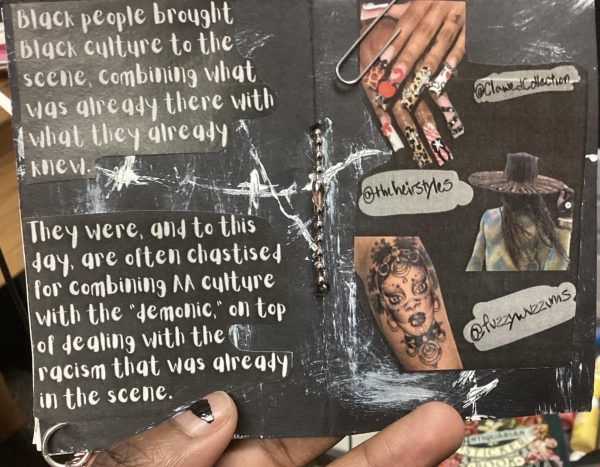
The “problem” is that often, naturally, Black alternatives incorporate concepts and ideas from non-explicitly alternative Black cultures. Things like long, extravagant nails (borrowed from the hoochies), music genres, and hair styles have all been given new life in afro-alternative communities. It’s also in these afro-alternative spaces that Black features are appreciated as a standard of beauty, and where Black queer alternatives are free to bridge gaps in gender expression.
To no one’s surprise, the palm people in alternative communities have always expressed their dislike for the “Blackification” of alt spaces. For people in alternative spaces, specifically punk communities focused on “rebellion” and being “outside of the ordinary,” Black culture and society is a part of the popular/mainstream culture individuals want to separate themselves from; they see Black presence as an extension of that. But Black people have existed in these spaces long before their grandparents stopped calling Goths “Satan worshipers.” It’s not our fault that the world steals everything we do.
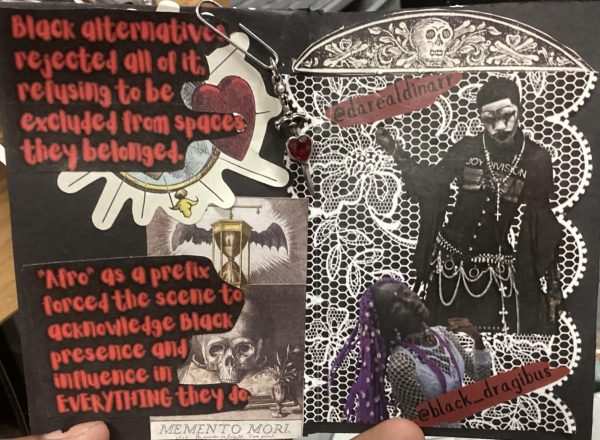
Not to mention that we were there first.*
The rise of the prefix “afro” in alternative scenes has generated an accessible, digital library of inspiration for young Black alt kids all over the world. This comes as a protest to the protest, rejecting the concept of “White people shit” that many Black alternatives grew up understanding, allowing creatives to make themselves a part of the scene, whether you like it or not.
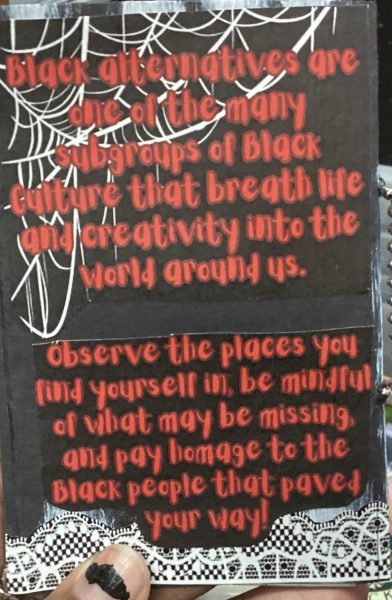
*I’m not explaining the history of Punk and alternative culture in America to y’all, but think about it. These scenes were created as a result of control, injustice, and violence at the hands of the government and society. Who do you think were heading these movements? Women, poor people, and …?




